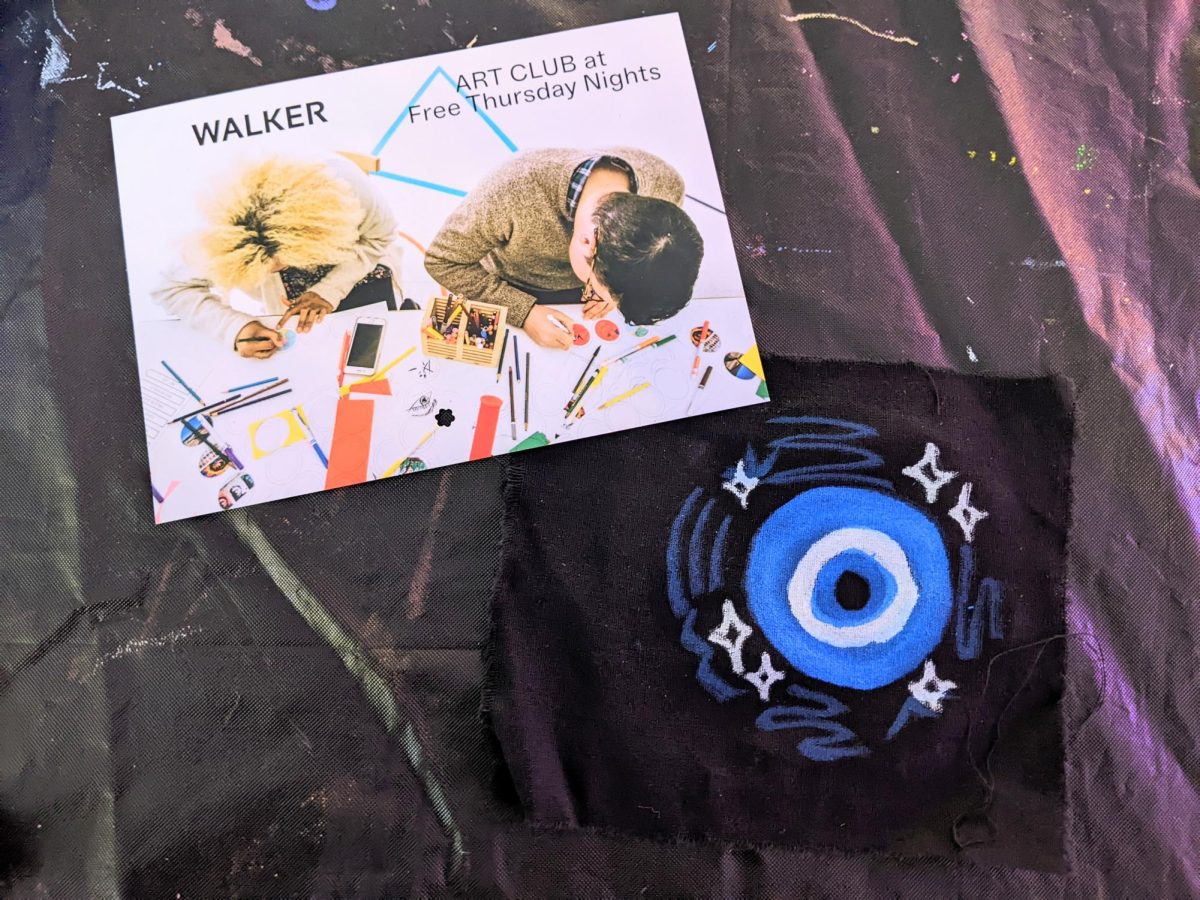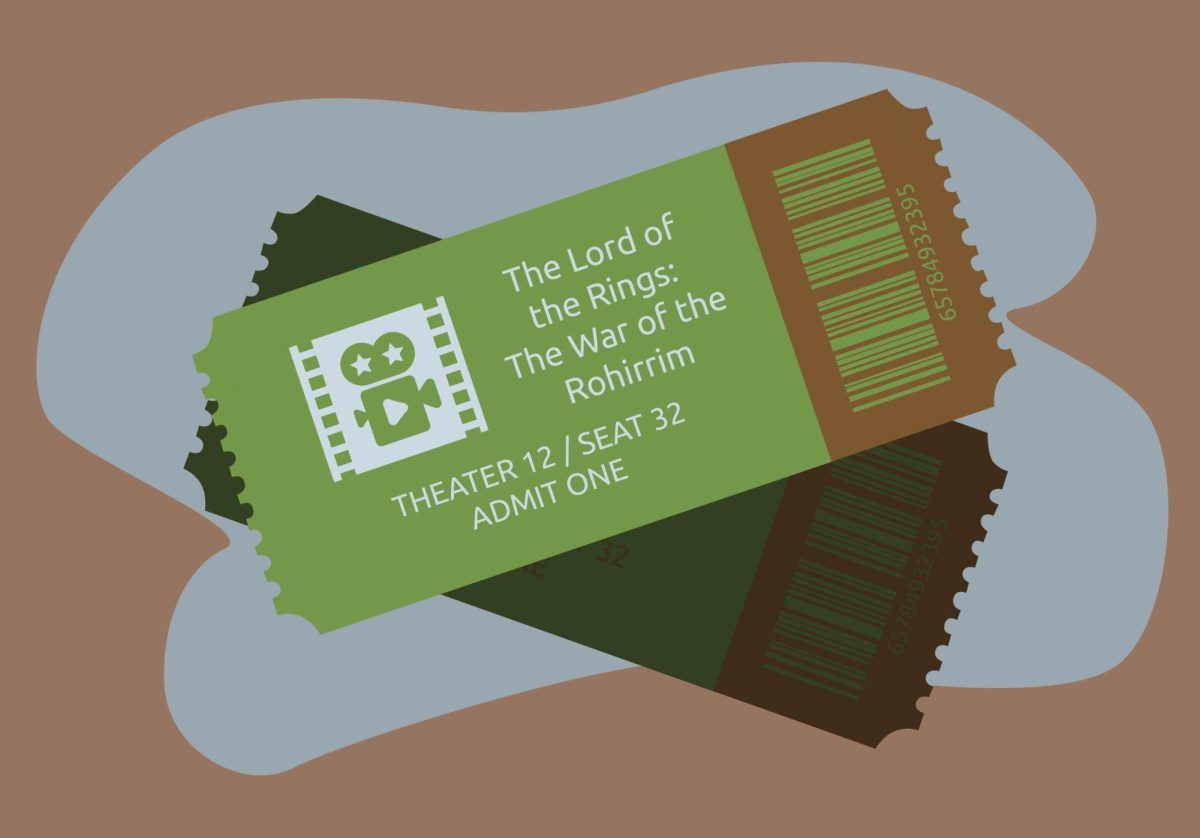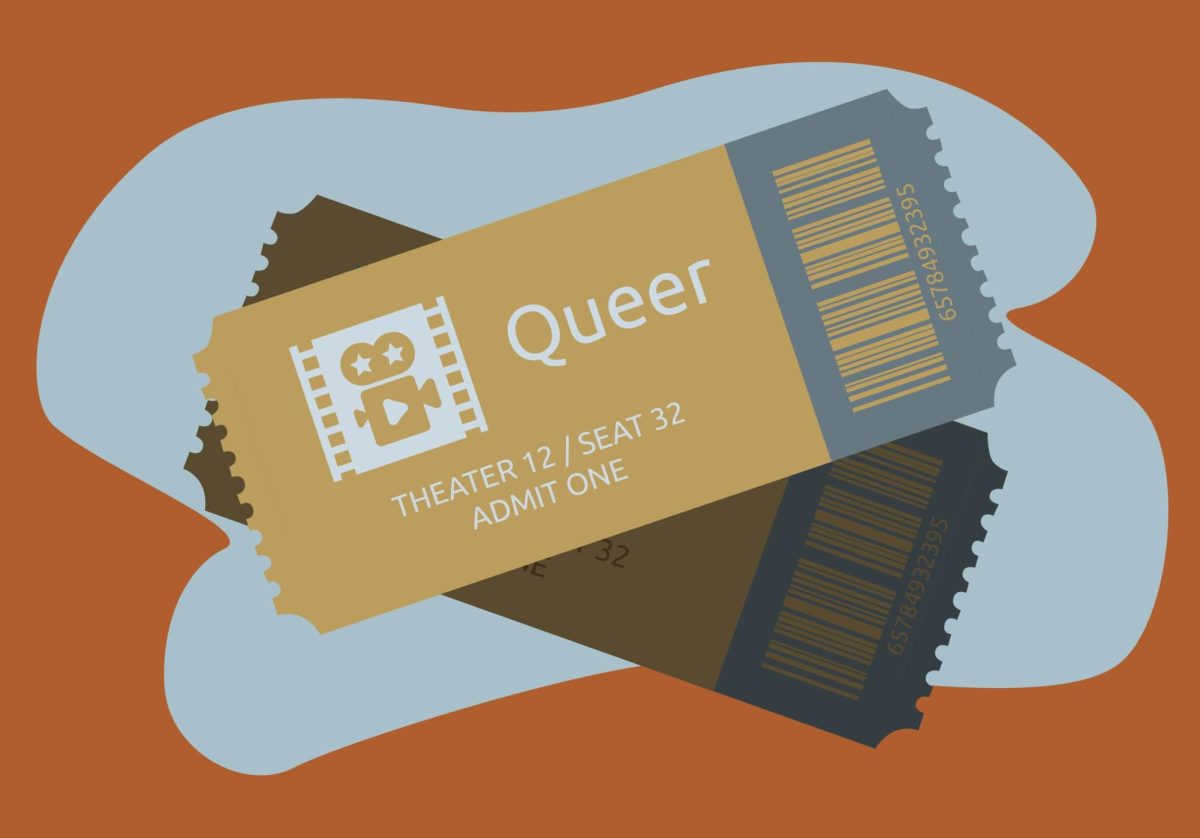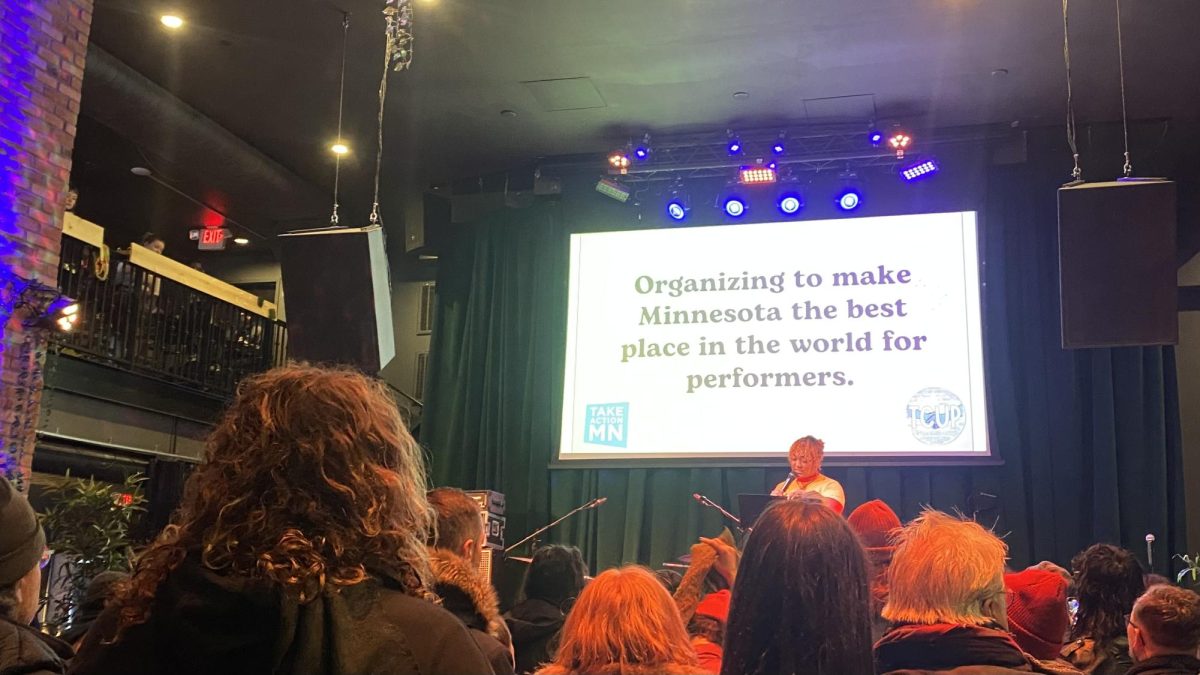Doomtree gets flack for not being “true” hip-hop.
The Twin Cities crew has been called suburban, emo. Many of them went to Hopkins High School, for Christ’s sake. Critics can’t talk about their albums without focusing on their rock or punk influences.
And then there’s Mike Mictlan.
The emcee is part Mexican. He’s from Los Angeles. He’s sold drugs and done drugs. He has family in prison. His is the hip-hop story. Right?
And then there’s his music. (Funny how music always seems secondary when talking about legitimacy.) His voice is big and bad. He isn’t afraid of catchy hooks. His songs are straight-up hip-hop.
But Mictlan doesn’t want credit for being a more legitimate Doomtree emcee. In fact, that talk pisses him off.
“These guys are my crew, my family, my love,” he said. “A threat to them disguised as a compliment to me ‘ that just won’t fly.”
Mictlan met his Doomtree family his junior year of high school. But his own hip-hop story begins long before that.
Mike Marquez was born in 1982 to “a Vietnam vet and a crackhead.” He said he composed his first rhyme at age 4. In sixth grade, he told his dad and stepmom he was going to be a rapper. He was damn good, he told them.
Now, 12 years later, Mictlan often makes himself remember that moment. When he’s too caught up in the rap scene, too worried about tricky wordplay, too concerned whether people are listening, he remembers how it started.
“I just wanted to be a fucking rapper, you know?” he said. “I just wanted to spit my heart out.”
Mictlan had a rough childhood ‘ one of being locked in a room alone for hours, of finding crack pipes in the backyard.
At high school in South Central Los Angeles, he dealt drugs, did drugs, skipped school and in general, made trouble.
Mictlan references this time in his rhymes. But while many underground rappers would turn a one-time weed sale into full-fledged drug running, Mictlan downplays his experiences. He throws out a reference in one song, jokes about it in another.
“Growing up I wasn’t a gangster / I was a hooligan / Sold drugs, got money and never went back to school again.”
In more socially conscious songs, he brings up his past to talk about larger issues. He is, as he put it in one such song, “honest with the topic of hardship.”
In the middle of high school, his parents, worried and frustrated, sent him to live with his uncle in Hopkins.
There Mictlan taught Doomtree golden boy and Rhymesayers artist P.O.S. to rap, or so the story goes. But perhaps more importantly, he met Aaron Mader, who later became Doomtree producer Lazerbeak.
“Mike was my favorite rapper ever,” Mader said. “He’s always been a step ahead.”
Mictlan, P.O.S. and others would gather ’round a boombox and freestyle in the hallways every day. They connected.
After a year, Mictlan moved back to L.A., where he lived on his own. But he visited Minneapolis, and the group continued to make music. When he couldn’t be there in person, he and Mader exchanged raps and beats through the mail.
Last spring, once Doomtree had made some noise and the long-distance thing just wasn’t doing it for him anymore, Mictlan finally made the move.
He claimed one of the many rooms in the Doomtree manor in Uptown and performed twice in his first week. The pace hasn’t let up since.
Doomtree puts on a good show. But even when all the crew’s on stage, when female emcee Dessa’s bopping around and P.O.S. is yelling in the mic, Mictlan stands out. He rolls his eyes back in his head, reaches out to the crowd and fuels intensity through his mic.
The stuff he’s recorded is good, but to this point, nothing matches him live.
And he knows that.
“I’ve freestyled shit I could never write.”
Mictlan often doesn’t freestyle off what he’s written, but instead writes by freestyling. He builds patterns and develops themes at each show, Mader said.
This presents a bit of a problem when recording. Mictlan, with his big, booming rhymes, and Lazerbeak, with his big, booming beats, are putting together an album.
It’s a collaboration ‘ not to be confused with Mictlan’s full-length debut, which he’ll put out later. Mictlan’s solo work will be “grittier,” he said. Lazerbeak and Mictlan are making “straight up feel-good music.”
The first day Mictlan recorded in the studio was “horrible,” he said. Without a crowd, without a stage, without his hands on the mic, Mictlan couldn’t get comfortable.
“I thought, I can’t do this,” he said. “What if I’m only a live emcee?”
Since then, he’s tried recording while sitting on a couch, while holding a lower-quality mic, while imagining an audience. It’s gotten better.
A few weeks back, Mictlan put in a CD with a few of the 40-some tracks he and Mader have played with and recorded. The first song he played was “Prize Fight.”
Mictlan is quick to discredit much of what he’s put on disc. It sucks, it’s something to sell, it is what it is. Before putting on “Prize Fight,” he gave no excuses.
The beat is huge. Mictlan’s ambitions ‘ in the form of rhymes ‘ are bigger. As he listened, Mictlan looked off, nodding his head and mouthing words in silence.
Two years ago, Mader finished this beat, which he had worked on “forever.” He couldn’t wait the days it would take for Mictlan to get it by mail. So he uploaded it onto the burgeoning MySpace.com. Mictlan called him the next day and said, “That’s the one.”
And it continues to be the one. Mader and Mictlan agree that “Prize Fight” will be the heart of their album.
For the hook, Mictlan sampled lyrics from Mader’s rock band The Plastic Constellations and made them his own. Behind him, old-school soul wails about keeping “eyes on the prize.”
At one point, Mictlan proclaims promises to his friends, his big brothers, his crew, Lazerbeak, his girl, his family and God.
It’s not a complex rhyme, he admitted, but that’s all right with him. The words make up what they lack in tricky wordplay with soul. The verse is “just him,” he said, “spitting his heart out.”







